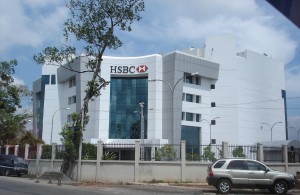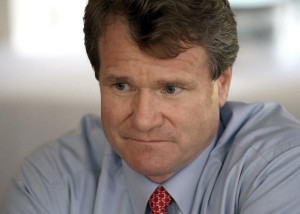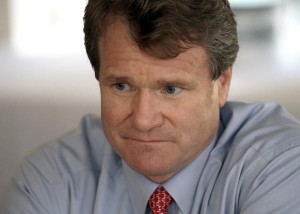Building societies, credit unions and co-operatives benefit as anger over scandals turns to action
The Co-operative bank has seen the number of people switching to its current accounts jump by 43% over the past year. Photograph: Ian Dagnall/Alamy
Consumers are deserting major high-street banks in unprecedented numbers after a slew of revelations about unethical behaviour, according to data from the Move Your Money campaign.
Building societies, credit unions and co-operatives have all reported a sharp rise in new business over the past 12 months as the reputation of the major banks has taken a hammering.
Laura Willoughby, Move Your Money’s chief executive, said: “Anger with the banks is turning into action. This year British banks have been exposed for exploiting their customers, starving the economy of credit and flouting the law.”
Credit unions – small, usually locally based savings groups – have attracted almost 20,000 new accounts in the past six months, according to Move Your Money, while ethical banks Triodos, Ecology and the Charity Bank have all reported a jump in customers.
Building societies saw 78,000 customers sign up for savings accounts in the third quarter alone after Barclays was implicated in the Libor-fixing scandal, which has spread to engulf several other banks.
“Customers are clearly far more interested now in the way financial services companies are run,” said a spokeswoman for the Building Societies Association. “Putting that into the mix alongside interest rates and service has been positive for mutuals like building societies.”
The Co-operative bank, which will treble the size of its network next year when it takes over 632 Lloyds branches, has seen the number of people switching to its current accounts jump by 43% over the past year.
Move Your Money urges savers to shift their accounts from the so-called big five – Barclays, HSBC, Santander, Lloyds Banking Group and RBS – to ethical or mutually owned alternatives.
The government has sought to boost competition in the banking market as a way of improving the performance of the big players. Business secretary Vince Cable said: “One of the biggest things is competition: getting new banks in to challenge the others.”
Andrew Tyrie, the Conservative MP chairing the parliamentary commission on banking standards, said last week: “The latest revelations of collusion, corruption and market-rigging beggar belief”.
…snip


